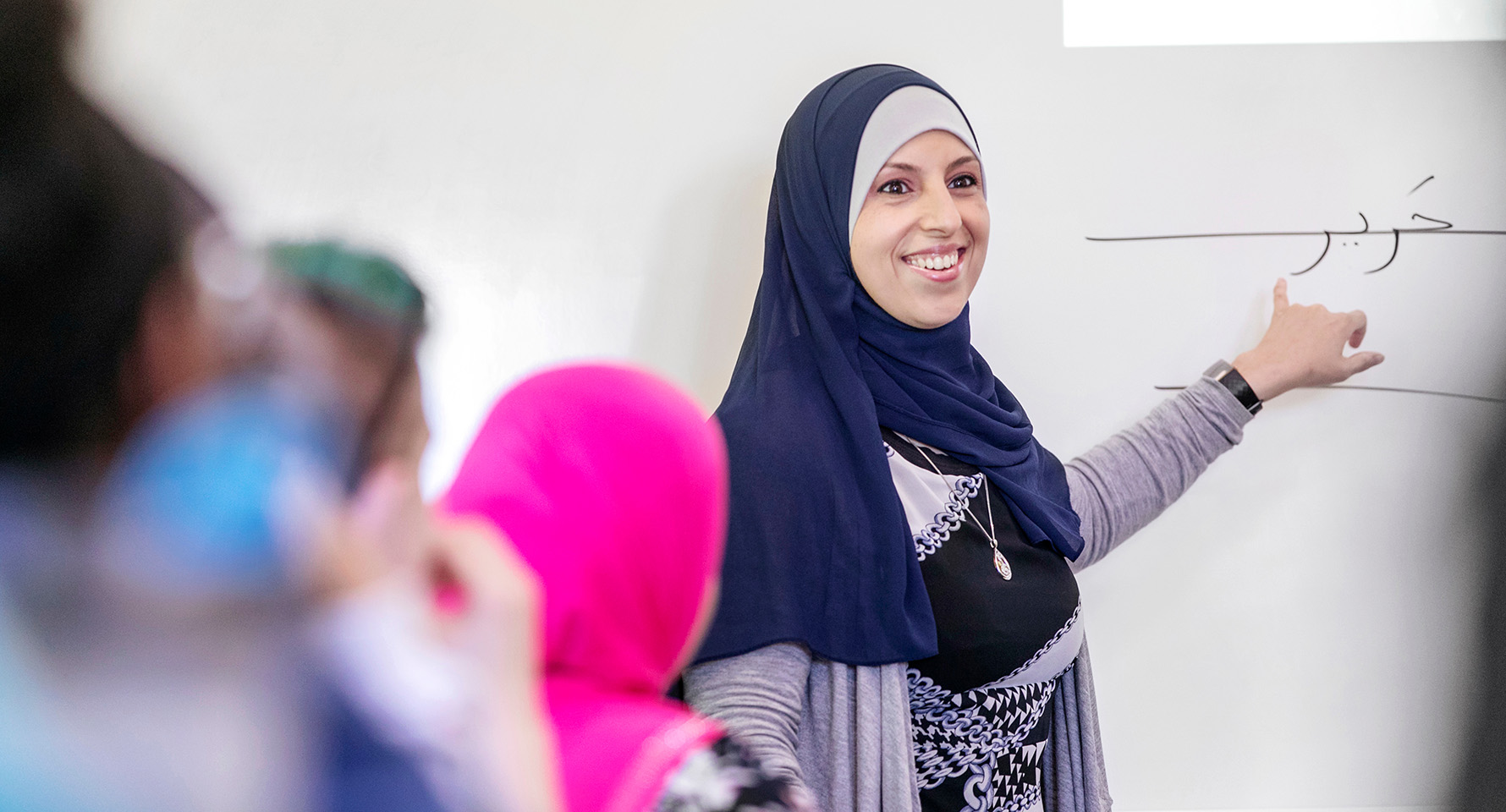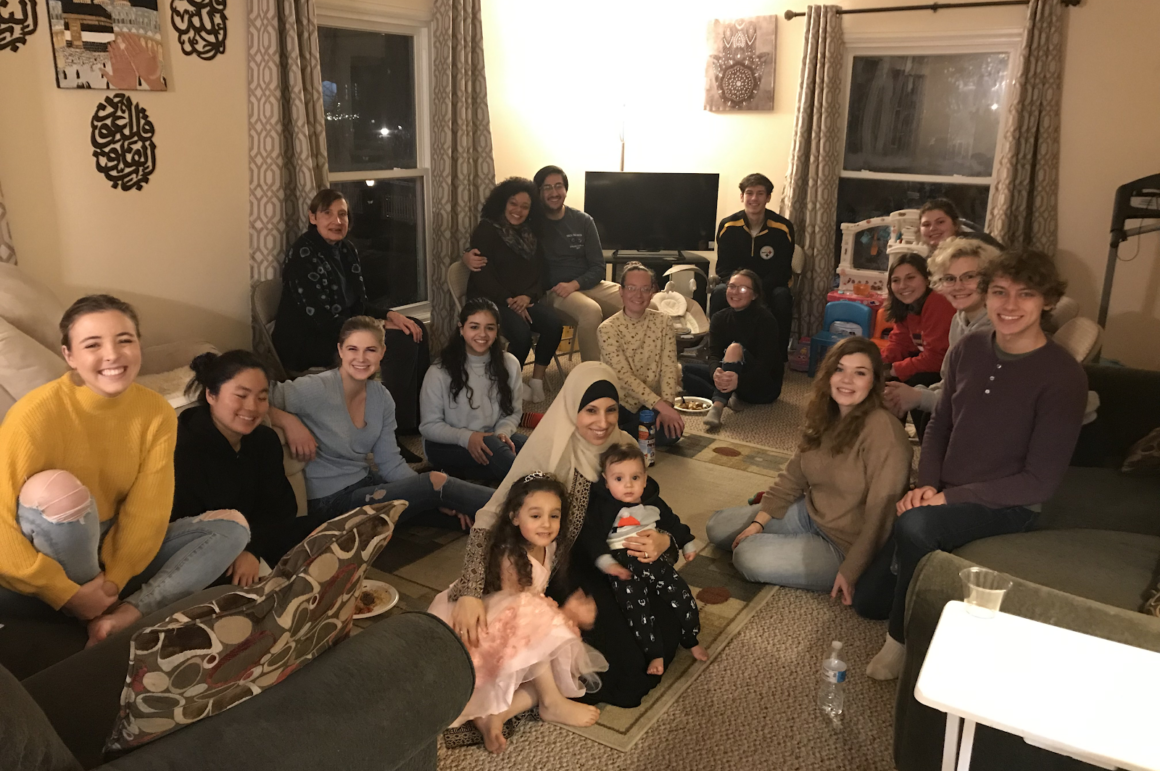Interdisciplinary Studies
Middle East and North African Studies Minor
Take a multifaceted approach to studying the language, history, politics, religion, culture, and economics of the Middle East and North African region. You can design this minor to complement your other coursework, interests, and career goals.

Your Four-Year Journey
Students typically combine Middle East and North African Studies with a major in Economics, History, International Studies, Global Health Studies, Political Science, Psychology, or Studio Art.
Recognize the historical, cultural, social, and political traditions that influence the Middle East and North Africa. You can start from the very beginning if Arabic is new to you or if you've studied Arabic before. We'll ensure you start in a suitable class to make the most of what you already know while building a solid foundation for the coming years.

Your second year is a great time to reach out to the Arab-speaking community on campus. If you haven't already, try to live in the Spanish house in the Max Kade Wing, where you'll speak Arab all the time and have a native speaker for a roommate. Don't forget to declare your Middle East and Northern African Studies minor before the end of the year!

By now, you'll be advancing your language skills and gaining rich knowledge of its culture. Nothing helps you do that more than studying in an Arab-speaking country. Most Middle East and Northern African minors go abroad in their third year. Visit the International Education Office about your options and talk with your advisor to ensure you don't miss out on this once-in-a-lifetime immersion opportunity!

By now, you've had an unforgettable time abroad and you might even have a bit of reverse culture shock when you return home to Allegheny! For most students, the Senior Project is the defining feature of their major in the fourth year. You'll start by choosing a topic related to the Middle East or Northern Africa. Then, a professor will work with you to refine, research, and develop it.
Class of 2018, International Studies Major – MENA Track/Religious Studies Minor
“ The flexibility an interdisciplinary major offers in terms of what you can take … has been incredibly helpful in making the education and the classes feel relevant to what I’m interested in. ”
Career Outcomes
93
of Allegheny graduates are employed, in grad school, or in full-time service within six months.
80+
Acceptance rate to graduate and professional school for Allegheny students








